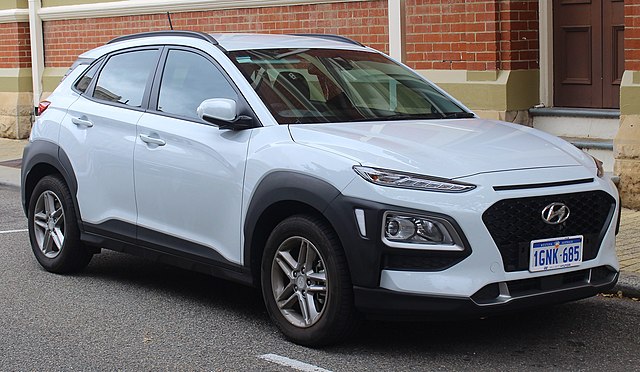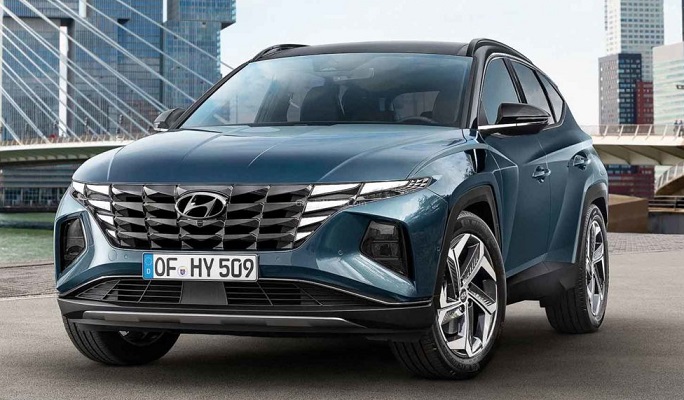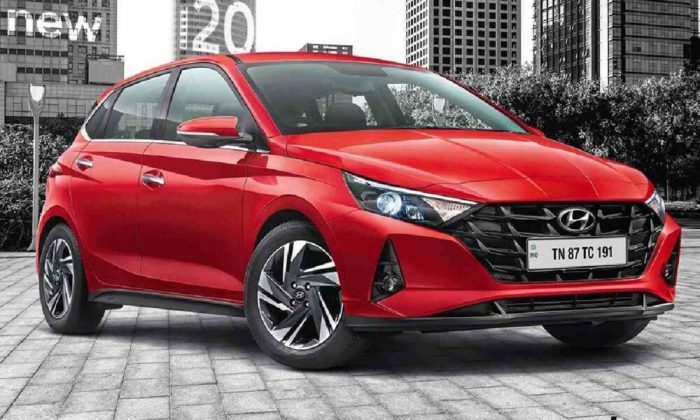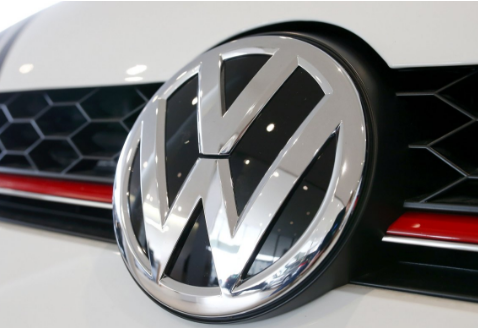Now Reading: Hyundai to recall Kona EV in South Korea over fire risk
-
01
Hyundai to recall Kona EV in South Korea over fire risk
Hyundai to recall Kona EV in South Korea over fire risk

Hyundai Motor will voluntarily recall its Kona electric vehicles as a possible short circuit because of what may be defective manufacturing of its high-voltage battery cells could pose a fire risk, South Korea’s transport ministry stated on Thursday.
Starting on October 16, the recall, which includes software updates and battery replacements following inspections, involves 25,564 Kona electric vehicles (EVs) constructed between September 2017 and March 2020, the ministry said.
The safety recall “is a proactive response to a suspected defective production of high-voltage batteries used in the vehicles, which may have contributed to the reported fires”, the automaker said, adding that it will deploy all required measures to identify the reason for the fire and address customers’ needs.
About 13 incidents of fire associating the Kona EV, including one each in Canada and Austria, have been documented, the office of ruling party lawmaker Jang Kyung-tae said.
Kona EVs use batteries that were made by LG Chem.
LG Chem said the exact reason behind the fire had not been figured out and a reenactment experiment conducted jointly with the automaker had not led to a fire, so the fires could not be attributed to defective battery cells.
It would actively participate in the future investigations with the automaker to discover the cause, LG Chem said.
Hyundai’s shares dropped 1.4%, reflecting investor concern regarding the recall and battery replacements that they could be costly, as the battery represents about 30% of an EV’s price, analysts said.
In contrast, LG Chem shares increased 1.8%.
The Kona Electric is Hyundai’s first long-range subcompact SUV EV.
Stay Informed With the Latest & Most Important News
Previous Post
Next Post
-
 01Polestar Boss Says It’s Time To Outrun BMW M And Mercedes-AMG
01Polestar Boss Says It’s Time To Outrun BMW M And Mercedes-AMG -
 02Spy Shots: 2027 Mitsubishi Pajero Spotted in Testing Ahead of Possible U.S. Return
02Spy Shots: 2027 Mitsubishi Pajero Spotted in Testing Ahead of Possible U.S. Return -
 032026 Toyota Hilux EV: A Powerful Truck with Silent Torque
032026 Toyota Hilux EV: A Powerful Truck with Silent Torque -
![2027 Mercedes-Benz S-Class Debuts with V8 Engine [Photo Gallery]](https://speedlux.com/wp-content/uploads/2026/01/2027-Mercedes-Benz-S-Class-33-155x125.jpg) 042027 Mercedes-Benz S-Class Debuts with V8 Engine [Photo Gallery]
042027 Mercedes-Benz S-Class Debuts with V8 Engine [Photo Gallery] -
 052026 Corvette ZR1 Production Surges Past Expectations as Output Clears 1,000 Units
052026 Corvette ZR1 Production Surges Past Expectations as Output Clears 1,000 Units -
 06Spy Photos: VW ID. Polo GTI Goes Electric with 223 HP and 280 Miles of Range
06Spy Photos: VW ID. Polo GTI Goes Electric with 223 HP and 280 Miles of Range -
 07The Controversial Ford Voodoo V8 That Was Killed Off Too Early
07The Controversial Ford Voodoo V8 That Was Killed Off Too Early



![2027 Mercedes-Benz S-Class Debuts with V8 Engine [Photo Gallery]](https://speedlux.com/wp-content/uploads/2026/01/2027-Mercedes-Benz-S-Class-33-700x394.jpg)










































